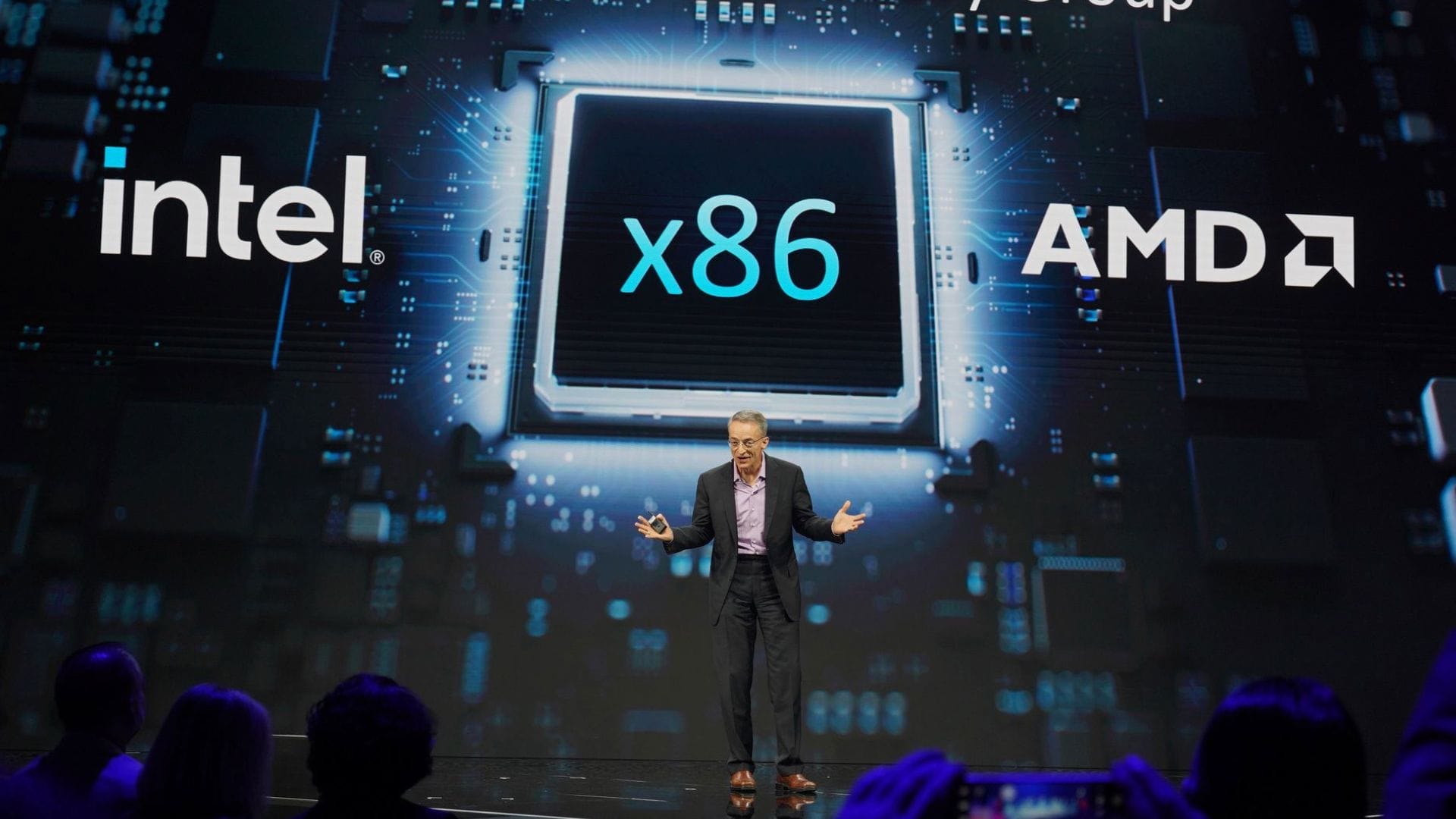AMD and Intel form a coalition to tackle competition from Qualcomm
AMD and Intel have formed a coalition to preserve the dominance of x86 architecture against the rising competition from Qualcomm’s Arm-based processors.

In a surprising turn of events, tech giants AMD and Intel, who have long been fierce rivals in the processor market, are now joining forces. The two companies are leading the new x86 Ecosystem Advisory Group, which aims to “bring together technology leaders to shape the future of the world’s most widely used computing architecture.”
Big day! @Intel & @AMD launched an x86 advisory group to drive the customization, compatibility, and scalability customers need to evolve and keep pace with increasing compute workloads.
— Pat Gelsinger (@PGelsinger) October 15, 2024
We’ve always championed ecosystem engagement, and we’re proud to work with @LisaSu and AMD… pic.twitter.com/O1TSoxBddg
AMD and Intel unite to defend x86 against rising Arm competition
If you’re unfamiliar with the term, x86 is a computing architecture that’s been around for nearly 50 years. It’s the foundation for modern computers’ function, determining how a CPU reads and processes instructions. Despite their rivalry, AMD and Intel are today’s two most prominent players in the x86 processor market. Other major tech companies like Microsoft, Google, HP, Dell, Broadcom, Lenovo, and Oracle have joined the advisory group.
However, Qualcomm is one notable absence from the group, which is no coincidence. Qualcomm’s processors are powered by the Arm architecture, a key competitor to x86. Qualcomm’s roots are in mobile devices, so they’ve moved into the PC market by introducing their Copilot+ laptops and the Snapdragon X Elite CPU. Some experts predict that by 2029, Arm-powered laptops could make up 40% of the market, with an estimated 20% market share expected as early as next year.
Tech rivals AMD and Intel team up to safeguard future of x86 processors
This partnership between AMD and Intel is a strategic move to counter the growing presence of Arm processors in both desktops and laptops. According to AMD, the group’s mission is to “enhance compatibility, predictability, and consistency across x86 product offerings.” While AMD and Intel remain competitors, they will collaborate to drive innovations and new features for x86-based PCs. Their efforts will ensure compatibility across various devices beyond just Windows-based systems.
AMD and Intel see the rise of Qualcomm in the PC market, alongside the growing influence of Arm, as a serious threat. Apple’s M-series chips, which also use the Arm architecture, have already been successful in its Mac computers. Meanwhile, Nvidia’s Grace CPU, designed for data centres, relies on Arm technology. Though it’s still early days for the x86 advisory group, the coalition seems to be a clear response to the growing challenge posed by Arm-powered devices.
The innovations this collaboration between AMD and Intel will bring remain to be seen. Still, one thing is sure: they are determined to defend the x86 architecture and maintain its dominance in the PC market.
















